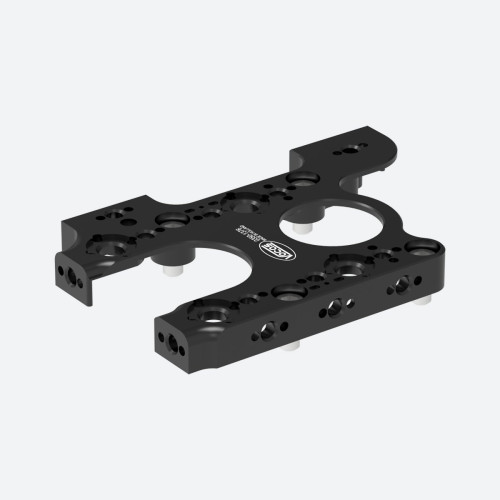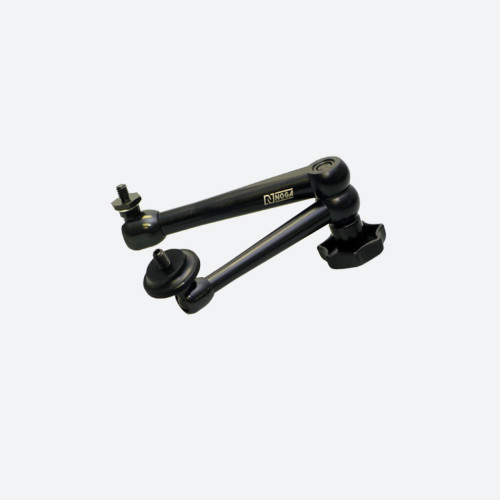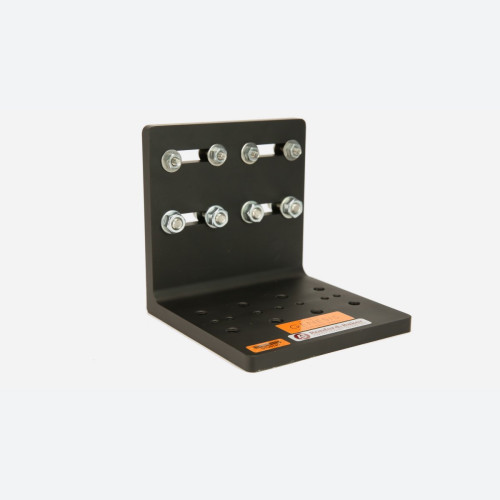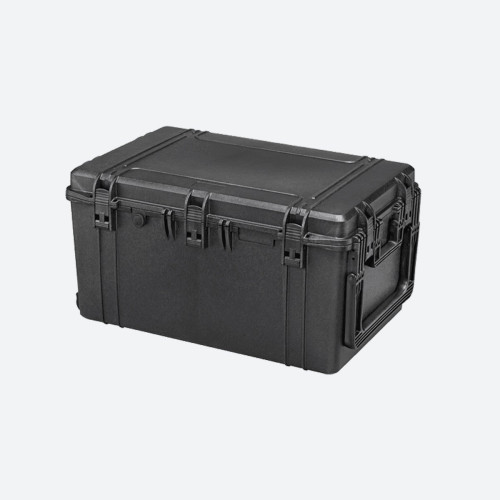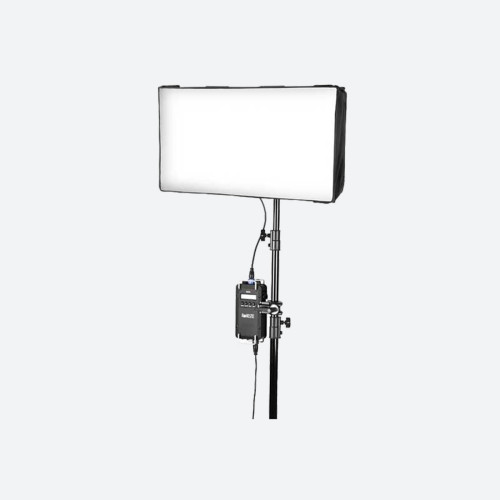Business lessons from tennis

Author: Bob Pank#
Published 1st March 2010
It was interesting reading Rachel Bridge’s article in the Sunday Times this week, whilst watching Andy Murray lose to Roger Federer in the final of the Australian Open. Rachel is the paper’s enterprise editor and her column is always worth a general look (though I sometimes wonder, cheekily, if she plagiarizes my articles).
And now you are wondering what she and tennis have in common – and what they have to do with current economic conditions and your business.
Advantage Europe
Well, first it is well documented in Andy Murray’s early career that, aged 16, he left dear Old Blighty for Spain to live and train near Madrid. Why? Because UK tennis facilities were not good enough for him to develop so he could compete at the highest level. In Spain they had a proven route, and the facilities, to turn (or churn) out a whole line of players who reached the world’s top 100. (So, incidentally, has France.)
The same is true in Europe in business. They have the infrastructure in France, Germany and many other countries for credit to be found – and this enabled them to pull themselves out of recession faster than we have done in the UK. So, as I see it, it is always worth looking at other markets to gain an advantage. Whether for funding or for business reasons, take yourself out of your comfort zone and look abroad. Some of the European banks may be far more willing to lend money at the moment.
Develop your winning strokes
Next let’s look at Roger Federer. He totally dominates his opponents on court because he has found the winning solution and, once he starts it, he does more of the same. He doesn’t try to do anything else but play his game because it works for him. So many people I know, who are making good money and have all the skills in place for their type of business, suddenly decide to change their business model to do something completely different. If you have a winning formula, why not use your energies to be even better at what you do? Use Federer as an example.
Change your game
However, if it’s all going horribly wrong then you are going to have to change something. That’s the reverse of the Federer point, and was what Murray needed to do. He was losing easily and had to change his game plan. In his case, this meant becoming more positive mentally, and less defensive in his game, or the title was going to run away from him.
It’s the same in business. If it is not going well, I am not saying you should panic but, if you are still losing money after a certain amount of time, then you should analyse what you are doing, look at ways of adapting your model, and make subtle changes – before it is too late.
Identify your best shots
It’s the analysis that is important. Study your business match play to look for what has worked – and resolve to do more of it – and seek out the areas in which you are underperforming – and resolve to adapt, change or drop them.
Nowadays, sport, and tennis especially, are built around statistics. The good players and their coaches map their performance within a game: the number of unforced errors, double faults, first serves in, etc, etc. However, it is often the case that most businesses don’t know or understand their equivalent statistics: the KPIs (key performance indicators) that make their business work. What are yours?
Federer has a high percentage of forehand winners. So he keeps playing from his forehand. What is your best shot? And be warned, it may be something that you take for granted and don’t push.
For example, in my business, we are building a model to measure leasing contracts against profit. We start by looking at the number of dealers we have, the number of times they give us proposals, the number of those proposals we accept and the number of those acceptances that are taken up. That should tell us whether, if all the business that is proposed is accepted, and then taken up, the managers in our business need only find more dealers to increase our levels of business and profit.
However if our levels of business drop, and we have the same number of dealers and the same proposal and credit acceptance rates, should we conclude that we are being priced out the market by a competitor? Or, if the number of proposals is reducing, is this an economic effect of less business in the whole market or are our dealers selling the wrong equipment?
If you don’t analyse your business, you can’t make subtle improvements and the same pattern will continue, not necessarily to your advantage.
Back to the tennis court
Let’s look again at Andy Murray’s performance. Compared with Federer, he was poor at taking advantage of short balls. The statistics prove it. So he now knows that he has to improve this area of his game.
Supposing that you know, from your statistics, that your business is poor at converting quotes to customers. The positives might be that you are getting lots of quotes, but you are failing somehow at the quotation point. Is that because you don’t offer a service that others include, or is it a wrong price break? You won’t know unless you look.
Look beyond the obvious and have a game plan
So, to conclude, first you could look at markets outside the UK if you want to improve. Then, if you are doing something right do more of it and, if you are going backwards, think about changing something. Never, ever stop analysing your business. And, last, always have a game plan even if, as in Federer’s case, it is just doing what you do best. Remember, he planned it that way.
Good luck and I hope you hone your skills to become a world-beating, champion business.
If you would like to look at your business model, in confidence, contact peter.savage@azule.co.uk. If you’ve missed previous articles in this series, or would like to comment via our blog, look at www.azule.co.uk.



